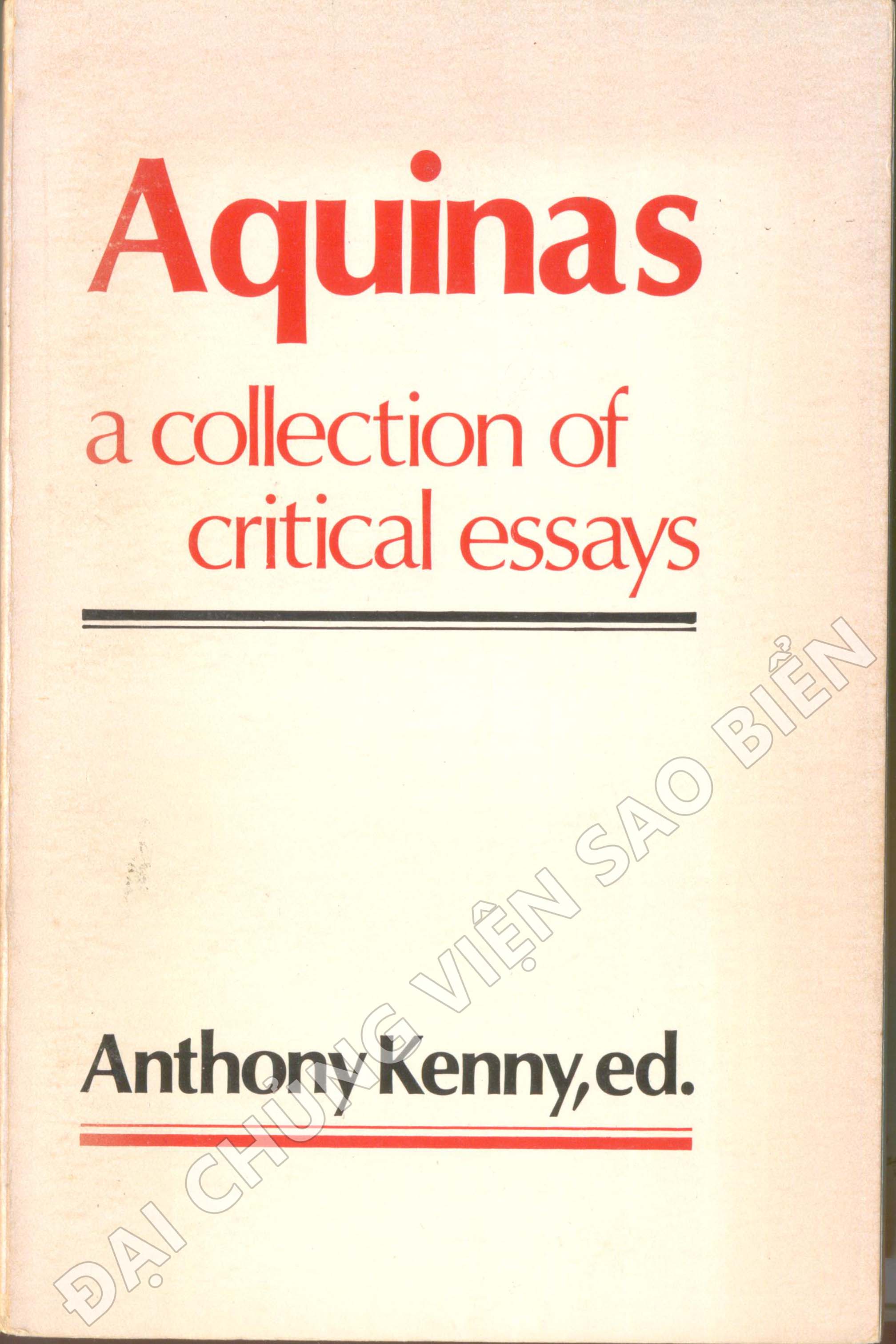| Foreword, by Johannes B. Metz |
xiii |
| Introduction, by Francis P. Fiorenza |
xix |
| Preface to the Second German Edition |
xlvii |
| Author's Introduction |
xlix |
| THE TEXT OF SUMMA THEOLOGIAE I, Q. 84, A. 7 |
1 |
| PART ONE - INTRODUCTORY INTERPRETATION OF SUMMA THEOLOGIAE I, Q. 84, A. 7 |
| I. The Article in the Context of Summa Theologiae |
15 |
| II. The Title of the Article |
18 |
| III. The Videtur Quod Non |
22 |
| IV. The Formal Structure of the Corpus of the Article |
29 |
| V. The First Two Sections of the Corpus |
31 |
| VI. The First Part of the Third Section of the Corpus |
34 |
| VII. The Second Part of the Third Section of the Corpus |
38 |
| VIII. The Third Part of the Third Section of the Corpus |
42 |
| IX. The Fourth Part of the Third Section of the Corpus |
47 |
| X. The Fifth Part of the Third Section of the Corpus |
49 |
| XI. The Answers to the Objections |
50 |
| PART TWO - SPIRIT IN THE WORLD |
|
| CHAPTER ONE: THE FOUNDATION |
57 |
| I. The Point of Departure: The Metaphysical Question |
57 |
| II. The Unity of Knowledge |
65 |
| III. Knowing and Known |
67 |
| CHAPTER TWO: SENSIBILITY |
78 |
| I. The Point of Departure: for the Concept of sesibility |
78 |
| II. The Knowledge of the Sensible Other Through Sensibility |
82 |
| III. The A Priori Structures of Sensibility: Space |
97 |
| IV. The A Priori Structures of Sensibility: Time |
107 |
| CHAPTER THREE: ABSTRACTION |
117 |
| I. The Question: "The Return of the Subject to Himself" |
| II. The Indications of the Abstractive Return to Self |
120 |
| III. The Return of the Subject to Himself, and the Agent Intellect |
132 |
| IV. The Essence of the Agent Intellect |
135 |
| V. Excessus I: Preparatory Clarifications |
146 |
| VI. Excessus II: Esse in Thomas |
156 |
| VII. Excessus III: |
183 |
| VIII. Excessus and Agent Intellect |
187 |
| IX. The Agent Intellect as the Power of the Excessus to Esse |
202 |
| X. Abstraction as Complete Return |
226 |
| CHAPTER FOUR: CONVERSION TO THE PHANTASM |
237 |
| I. Defining the Question |
237 |
| II. The Possible Intellect |
241 |
| III. The (Possible) Intellect as the the Origin of Sensibility |
246 |
| IV. The Origin of Sensibility as Conversion to the Phantasm |
264 |
| V. The Origin of Sensibility from Spirit |
279 |
| VI. The Freedom of Spirit |
290 |
| VII. The Cogitative Sense |
299 |
| VIII. Intelligible Species I: Tracing the Problematic of the Intelligible Species Back to the More General Problematic of the External Determinability of an Existent |
309 |
| IX. Intelligible Species II: Toward the Ontology of Inner-Worldly, Effcient Causality |
330 |
| X. Intelligible Species III: Ontology of Inner-Worldlty, Efficient Causality in Its Application to the Essence of Sensibility and of the Agent Intellect |
366 |
| PART THREE - THE POSSIBILITY OF METAPHYSICS ON THE BASIS OF THE IMAGINATION |
| I. The Problem: The Unique Opening to Metaphysics as the Constitution of the Objective Openness of the World |
387 |
| II. The Possibility of Metaphysics: The Fundamental Act of Man as an Opening to Being as Such (Excessus) |
393 |
| III. The Limits of Metaphysics: Esse Disclosed in the Pre-Apprehension as Empty "Common Being" with the Transcendental Mades Intrinsic to It |
400 |
| IV. Man as Spirit in the World |
406 |











